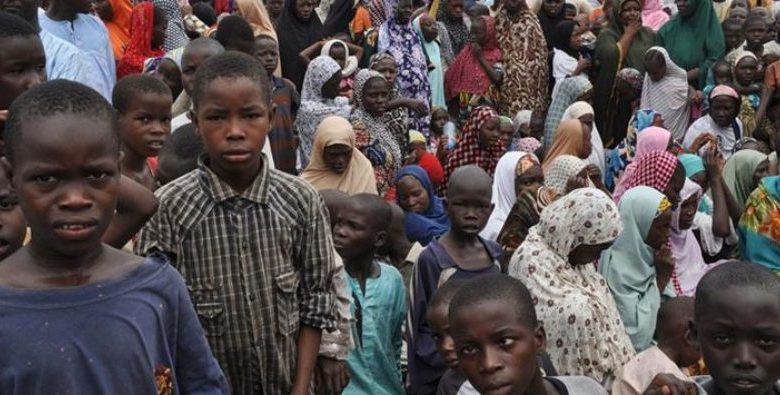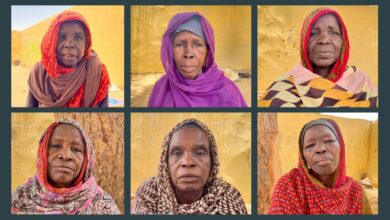Nigeria Listed Among 12 Most Dangerous Countries For Children To Live

A new report by Save the Children International has listed Nigeria among the 12 most dangerous countries for children in conflict.
Other countries are Syria, Somalia, Afghanistan, Yemen, DRC, Mali, CAR, Iraq, South Sudan and Sudan.
The report released on Friday reveals that a total of 93,236 children have been killed or maimed in conflicts in the last 10 years, with more than three million children living in an area where violence had been raging for 18 years or more.
“The number of children recruited by armed forces rose by 639 from 2018 to 7,845 in 2019. Over 3,100 children were found to have been recruited in the Democratic Republic of Congo alone,” the report indicates.
It further disclosed that over 4,400 times humanitarian organisations were denied access to children – six times as often as in 2018.
In the report Killed and Maimed: A Generation Of Violations Against Children In Conflict, Save the Children said 25 children, the equivalent of a classroom full of pupils, have been killed or injured on average every day.
“Many were victims of airstrikes, shelling, landmines and other explosive weapons used in populated areas where families have been ripped apart and tens of thousands of children left dead or scarred for life,” said Inger Ashing, the CEO of Save the Children International.
“Last year alone, more than a third of the verified child casualties were caused by explosive weapons – with the number dramatically higher in Afghanistan, Iraq and Syria.”
According to the report, in 2019 some 426 million children lived in a conflict-affected area – a slight increase on the year before.
It stated that around 160 million children lived in a high-intensity conflict zone, also an increase compared to 2018.
The impact of explosive weapons on children is complex, Ashing said, robbing families of their hopes and their ability to access vital services, and often profoundly altering the direction of a child’s life.
The report launched on World Children’s Day is the fourth in a series entitled Stop the War on Children.
Ashing noted that it shines a spotlight on six grave violations committed against children in conflict zones (see footnote for details)
“Over the past decade, more than 200,000 such violations were verified. The record was sadly broken in 2019, which saw 26,233 grave violations committed. The actual number is likely to be even higher as some violations, notably sexual abuse, are grossly underreported.”
Ashing further stated that “Behind the stark numbers are countless stories of the child victims of war, adding, that “Many are casualties of people blatantly disregarding international laws and standards, and governments turning a blind eye”.
She, however, noted that “Yet several countries have made a conscious decision to keep selling arms to warring parties even where it was clear they were being used against children. This cannot go on.”
Save the Children, Ashing said, “calls for states to endorse declaration on avoiding use of explosive weapons in populated areas”.
During the COVID-19 pandemic, when the focus should be on fighting the virus, the Save the Children report reveals that warring parties continue killing and maiming children.
It said the UN called for a global ceasefire in July, endorsed by 170 countries, but since then 177 of children have been killed and maimed in Yemen, dozens have been killed or badly injured in Afghanistan, the violence in DRC has spiked, and children in Myanmar are frequent victims.
Ashing continued: “Never in human history have we been more aware of child rights violations – bombings are verified, recruitment is documented and we see children starving on TV as they are denied aid. We have the means to prevent children from being harmed but we continue to see unbelievable violations, year on year. It is as if the world has stopped caring.”
Support Our Journalism
There are millions of ordinary people affected by conflict in Africa whose stories are missing in the mainstream media. HumAngle is determined to tell those challenging and under-reported stories, hoping that the people impacted by these conflicts will find the safety and security they deserve.
To ensure that we continue to provide public service coverage, we have a small favour to ask you. We want you to be part of our journalistic endeavour by contributing a token to us.
Your donation will further promote a robust, free, and independent media.
Donate Here




